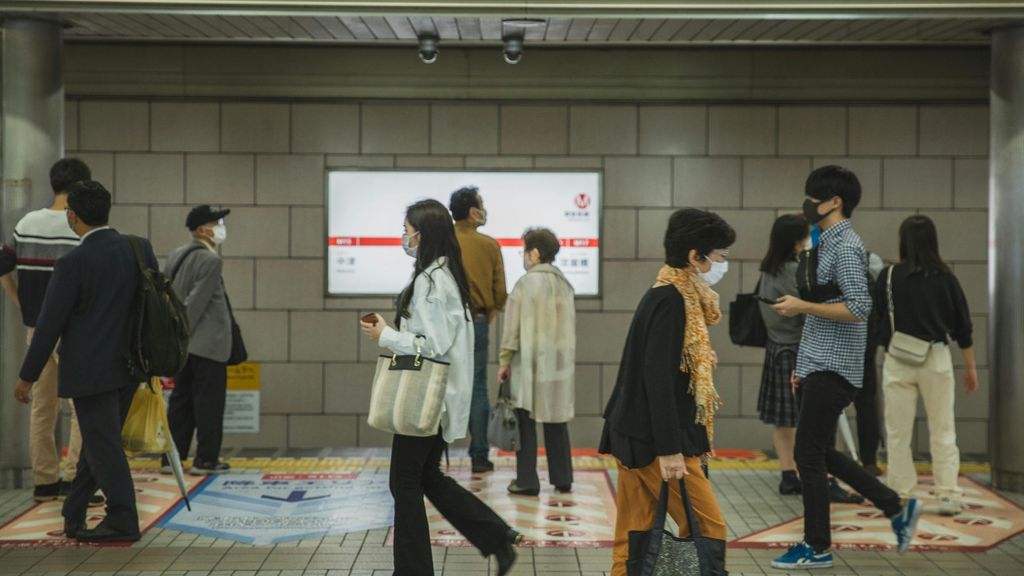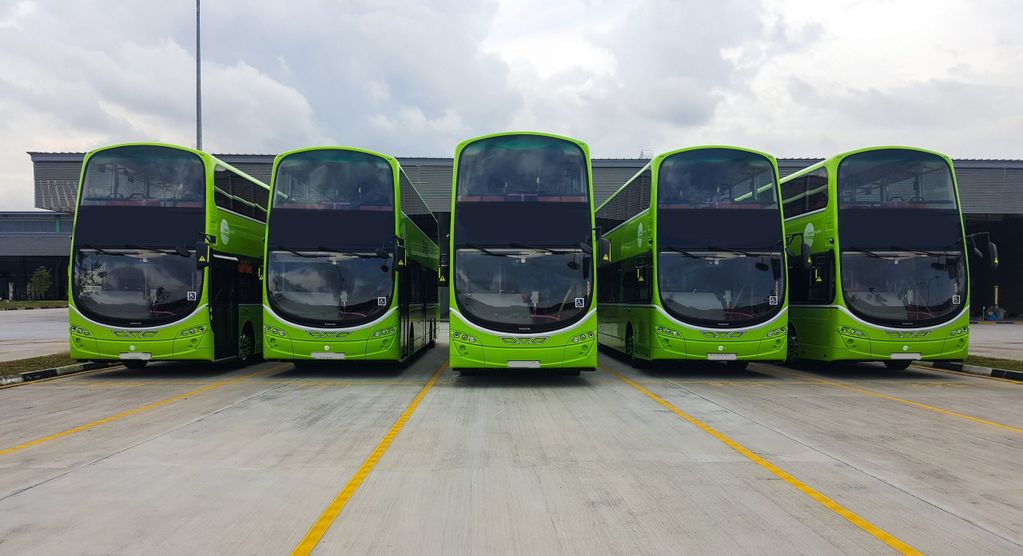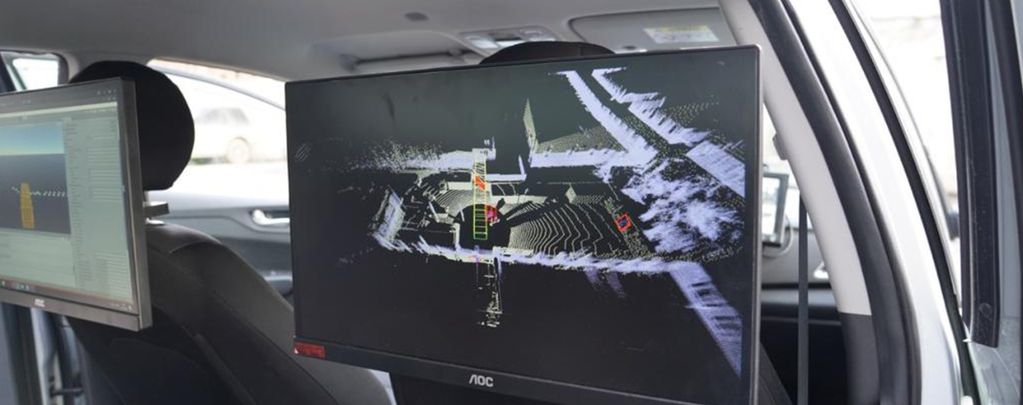
Accelerated innovation: autonomous vehicles in Moscow and beyond
Innovation in a time of crisis
While the COVID-19 pandemic has significantly impacted most public transport operations and services, there have also been some positive effects of the crisis. Highly innovative projects have been accelerated to adapt to the new circumstances to ensure safety.
One such project in Moscow has made advancements on autonomous vehicles. One of the working implementations is an autonomous car fitted with equipment to record parking contraventions. The car already drives along some central streets in Moscow, says Alexander Polyakov, Director of the MosTransProekt Research Institute, who was responsible for developing the vehicle.
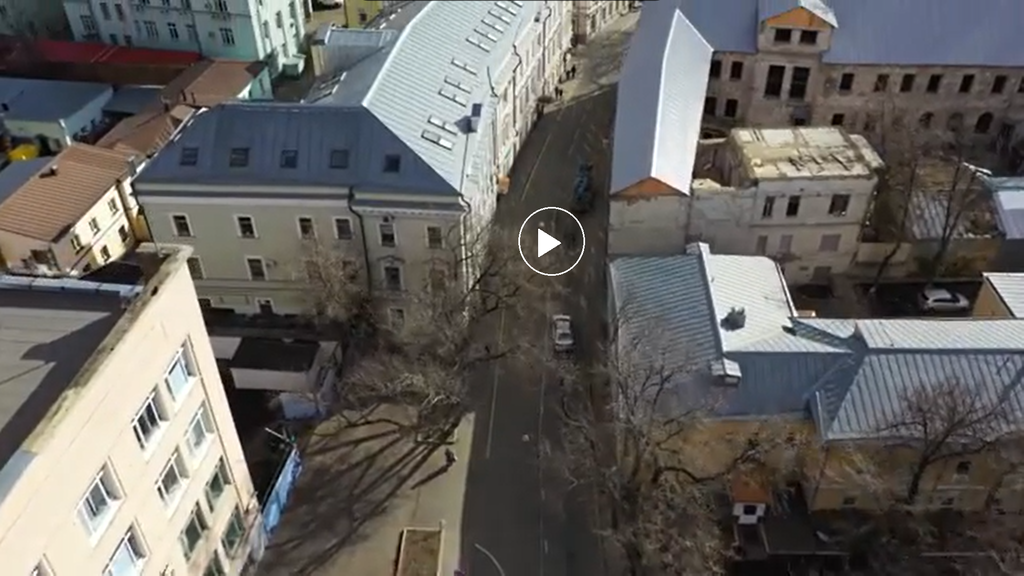
AVs on parking patrol in Moscow
Since February 2020, an unmanned vehicle has been driving in one of the Moscow districts, recording parking violations, just like similar vehicles with drivers. The photos are transferred to Moscow Administrative Road Inspection for processing.
About 1,000 cars are checked daily within the driving zone of the autonomous vehicle activity.
The Autonomous MEV runs on V2X (vehicle-to-everything) technology based on car equipment with sensors that read information from both the road transport infrastructure and vehicles involved in the movement. Such vehicles can communicate with traffic lights and detectors on the way, transmit and receive data through LTE communication channels and through radio frequency interaction. The vehicle is also equipped with a high precision electronic map – a so-called “digital twin” of the road. The map contains information about road boundaries, turning, speed limits, stops, road signs and traffic lights.
The project is part of a cooperation between Institution MosTransProekt, RosdorNII, Moscow Automobile and Road Construction State Technical University (MADI).
Worldwide adoption of AVs
The fact that the COVID-19 crisis has not halted innovation in public transport is also highlighted by SHOW (SHared automation Operating models for Worldwide adoption). Kicking off earlier this year, this EU-funded project is the biggest ever initiative on automation for urban mobility, with real-life urban AV demonstrations taking place in 20 cities across Europe.
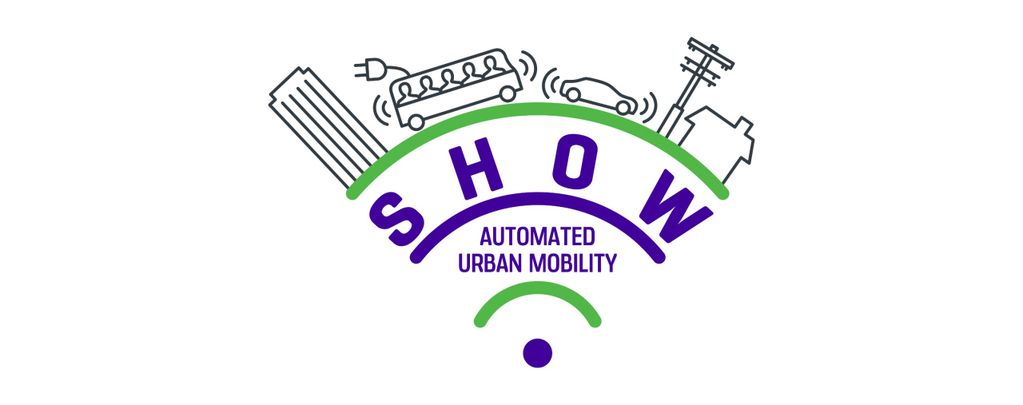
We are already seeing exciting developments in SHOW. Recently, the project published its first insights on business and operating models for CCAM (Connected, Cooperative and Automated Mobility). And in September, the project signed a Non-Disclosure Agreement with ITS Japan and the University of Tokyo, honouring a major project objective to foster international cooperation on automated mobility by collaborating with global organisations working on CCAM.
SHOW also held its first pan-European workshop “How to make CCAM in Cities a reality?”, which saw key-note speeches from high-level speakers and fruitful discussions among 90 participants about trends, priorities, and initiatives on CCAM.
Want to keep updated on SHOW? You can visit the website, or subscribe to the project newsletter here.
exclusive resources

